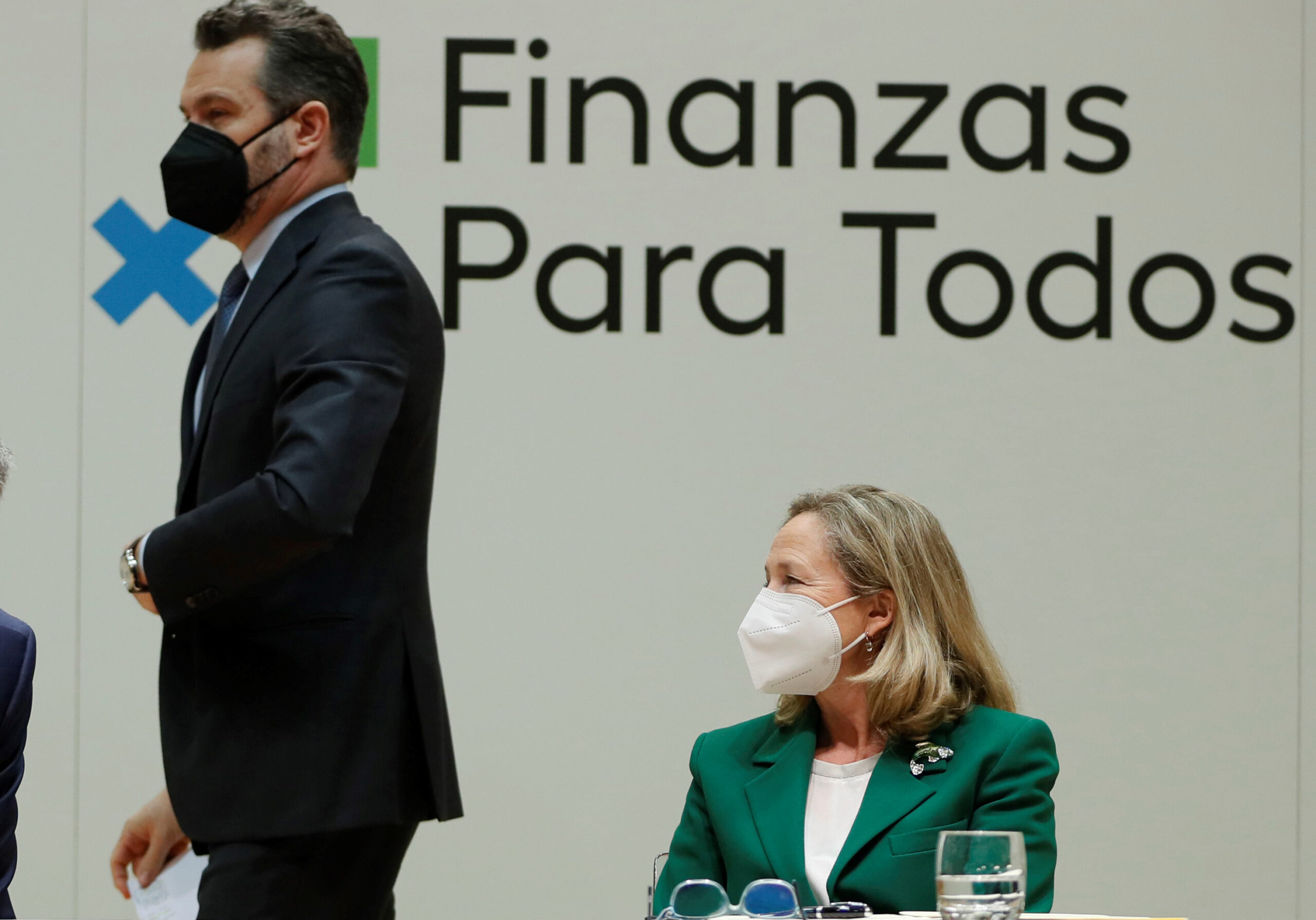The Government skipped the European OPAs code in Indra and places the National Securities Market Commission (CNMV) in a very difficult position to save the State from launching an expensive offer for 100% of this listed company.
The Esma report, the European market supervisor, specifies what shareholders who, without having the majority of the capital, join forces must do, because they can penalize minority shareholders. The State Society of Industrial Participations (Sepi), the Government’s arm in Indra, skips essential precepts of the document, which has been in force since 2014 precisely to clarify what should not be done.
Sepi, with 25% of the capital, managed on the 23rd to expel five independent directors who opposed its plans thanks to the Basque group Sapa, dependent on contracts from the Ministry of Defense, and the Amber fund, owned by Joseph Oughourlian, the president fast.
Esma points out in its report that such a coalition must consult the national supervisor, in this case the CNMV, before changing the board of directors, in case what it is doing is a “concerted action” to take control, which forces launch a takeover bid to give the rest of the shareholders the opportunity to leave the new company.
However, it neither consulted nor launched a takeover bid contrary to the principles of the document called Information on cooperation between shareholders and concerted action within the framework of the takeover bids directive.
In it he recalls that “the cooperation of the shareholders in relation to the appointment of the members of the board of directors can be especially delicate in the context of the application of the takeover bid rule, because, if the shareholders cooperate in the appointment of the members of the board, may be in a position to control the operational management of the company’.
With the dismissal of the five independents, the government coalition in Indra is in a position to appoint another five, as Indra’s president, Marc Murtra, has announced, with which he would have touched on a “particularly sensitive” aspect.
What should the president of Sepi, Belén Gualda, have done to ensure that the rest of the shareholders were not run over? «Whenever there is any uncertainty about the proposed cooperation of the shareholders, including, in particular, when the proposed cooperation refers to the vote on a resolution that is not on the list in section 4.1 [it does not appear to remove independent directors], it is encouraged interested parties to consult the competent national authority for guidance as soon as possible’.
It did not, as the president of the CNMV, Rodrigo Buenaventura, has made clear, who has confirmed that he has requested information from Indra about what happened in case they have incurred in “concerted action” that forces him to impose Sepi, as majority shareholder of this coalition, to launch a takeover bid with a cost of more than one billion euros. Another point that complicates the situation of the Sepi is that Esma stresses that when it comes to calibrating whether the coalition takes control, the “number of directors” changes and in Indra it was massive, including the vice president and coordinator of the independents, Albert Terol.
Buenaventura met this Thursday with the president of Esma, the German Vanessa Ross, as part of her visit, which was already planned before the events at Indra. Ross also met with the first vice president, Nadia Calviño, who is avoiding giving public explanations about the government operation in Indra. An Esma spokesperson told this newspaper that the conversation between Ross and Calviño focused “on issues of mutual interest, such as Esma’s work, sustainable finance and the Capital Markets Union.” He asked if both spoke of the assault on Indra neither confirmed nor denied: «We do not comment on the content of the conversations».
On the other hand, the main opposition party is also taking the case to the European Parliament. The PP spokesperson in the European Parliament, Dolors Montserrat, registered two parliamentary questions to the European Commission about the dismissals at Indra and also at the National Institute of Statistics. Montserrat asks Brussels if “it considers it positive that the Government increases its power over strategic and global companies” and if it supports that “independent directors cease their responsibility after learning that the Government takes control of the company” and if “it could be to be breaching the Code of Good Governance.” Regarding the INE, it affects whether government action with this independent body is tolerable.
Conforms to The Trust Project criteria
















